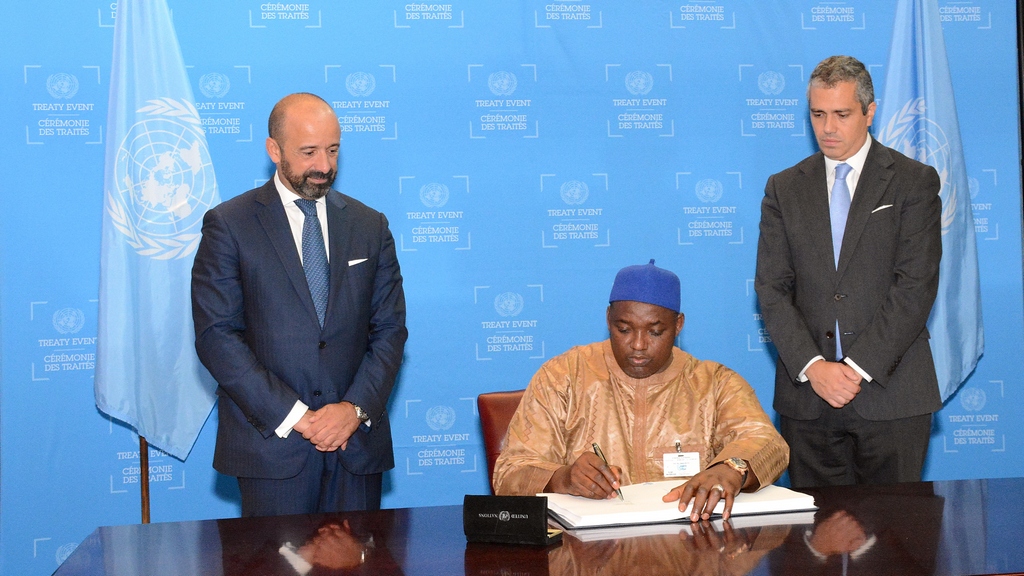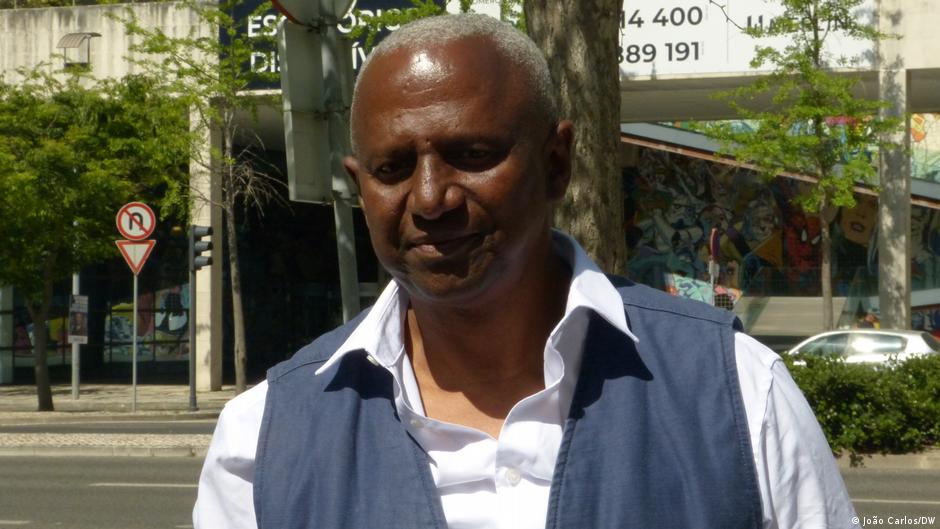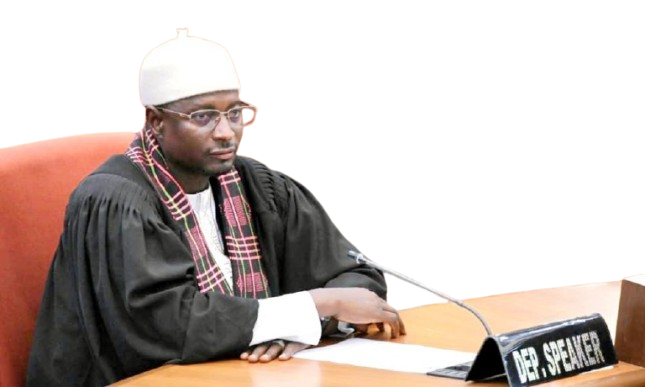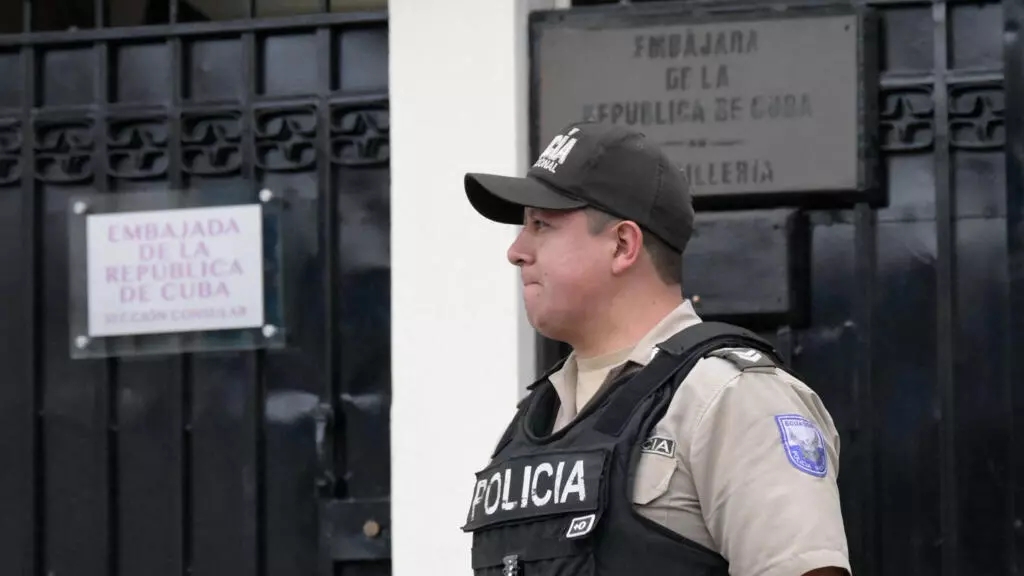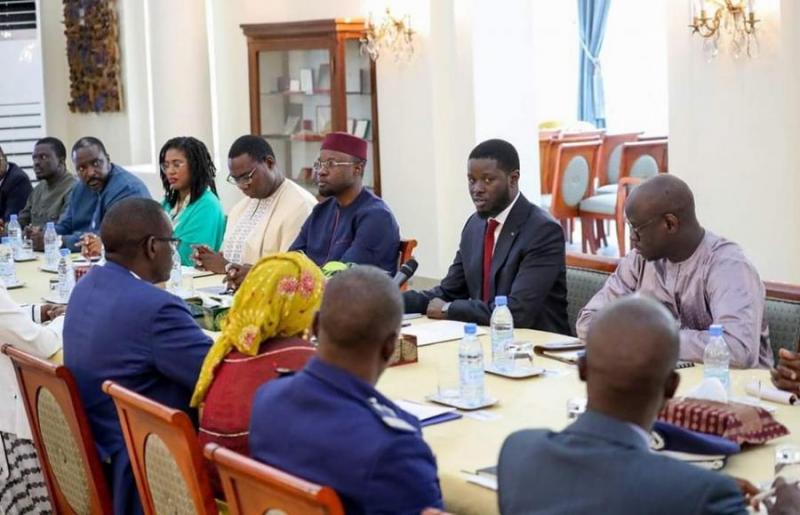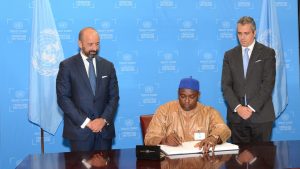Gambiaj.com – (DAKAR, Senegal) – Since assuming power, Senegal’s new administration has faced a series of crises exposing its struggles in public affairs management. Prolonged strikes by local authority workers, tensions at the Autonomous Port of Dakar, internal conflicts within the Senegalese National Sanitation Office (ONAS), and clashes with the private press are among the most pressing issues. Complicating these challenges is a government communication strategy that wavers between political rhetoric and public service, often resulting in delayed and muddled responses.
Observers describe these crises as symptomatic of a government still in its formative stage. However, what stands out more prominently is the persistent confusion between political and public communication—a distinction that, while theoretically clear, remains blurred in practice.
A Case in Point: Ministry of African Integration and Foreign Affairs
A glaring example of this communication lapse occurred when the Ministry of African Integration and Foreign Affairs delayed its response to a controversial statement by the Ukrainian embassy in Dakar concerning the battle in Tinzaouatène, northern Mali. The week-long silence by the ministry drew widespread criticism from pro-Pan-African voices who demanded immediate action against the Ukrainian ambassador. “Waiting a week to summon the ambassador is unacceptable,” remarked a diplomat who requested anonymity.
The now-deleted video by Ukrainian intelligence alleged that their government had supplied information to Tuareg rebels from the Coordination of Azawad Movements (CSP) in their confrontations with the Malian armed forces and Russian Wagner instructors. The ministry’s delayed and disjointed response highlighted its lack of a coherent crisis management strategy—a trait common to many public institutions where communication is reduced to mere press releases and poorly timed conferences.
The ONAS Crisis: A Communication Void
The communication failures of the new regime were further exposed in the recent ONAS crisis. After the dismissal of ONAS’s former Director General, Cheikh Dieng, he launched a media offensive accusing his supervising minister, Cheikh Tidiane Dièye, of serious misconduct. The government’s five-day silence during which Dieng’s claims circulated unchallenged left a communication vacuum that was quickly filled by ruling party activists defending the minister.
The controversy deepened when ONAS finally issued a statement refuting Dieng’s claims about the acquisition of a vehicle linked to the Hann-Fann project. ONAS clarified that the project, funded by a public-private partnership (PPP), did not include provisions for vehicle purchases for the Director General or the Project Management Unit. The delay in addressing this issue highlighted the government’s struggle to manage public communication effectively, allowing misinformation to thrive.
Alassane Kitane, a former columnist for L’Obs, criticized this trend, warning that the trivialization of transparency issues lays the groundwork for future abuses. “Whether proven or not, this incident underscores the duplicity of our politicians. In this drama between the DG and the minister, one of them—if not both—are lying,” he noted on Facebook.
Dakar Port and the Strained Dialogue
The Autonomous Port of Dakar has also been embroiled in communication chaos. The Intersyndicale accused the new Director General, Waly Diouf Bodian, of irregularities in awarding an audit contract and suspending 700 temporary contracts. Initially, pro-government activists and even a comedian dismissed these claims before the port’s communication unit released a statement, followed by a televised address from the Director General. Instead of clarifying the matter, the official response only deepened the controversy, exposing the lack of constructive dialogue and fueling public confusion.
Media Relations: A Missed Opportunity for Dialogue
A crisis with the private press further revealed the administration’s limitations in engaging with media stakeholders. It took a day-long press strike for President Bassirou Diomaye Faye to intervene, directing the Minister of Communication, Alioune Sall, to find a resolution. The delayed response was perceived as a lack of anticipation and understanding of the media’s role in a country where press freedom remains a cornerstone of democracy.
Local Authority Strikes: Prolonged Stalemate
Among the ongoing crises, the local authority workers’ strike stands out due to its prolonged nature and complexity. For over two years, the strike has persisted without a resolution, worsened by the Minister of Local Authorities, Balla Moussa Fofana’s hardline stance. Efforts to negotiate have failed, with strikers lamenting the absence of a credible interlocutor capable of addressing their demands.
A Slow Transition to Responsible Governance
The repeated crises and the resulting communication failures highlight a deeper issue: the new government’s struggle to transition from political campaigning to managing state institutions with transparency and professionalism. Ministers like El Malick Ndiaye have attempted to introduce a more structured approach by organizing public sector meetings, but the broader challenges persist.
The government faces a crucial test: bridging the gap between political and public communication while navigating multiple crises. Restoring public confidence requires a shift towards transparent governance, where institutions prioritize the public interest over political expediency. Only then can Senegal’s new leadership hope to effectively manage state affairs and uphold democratic principles.



